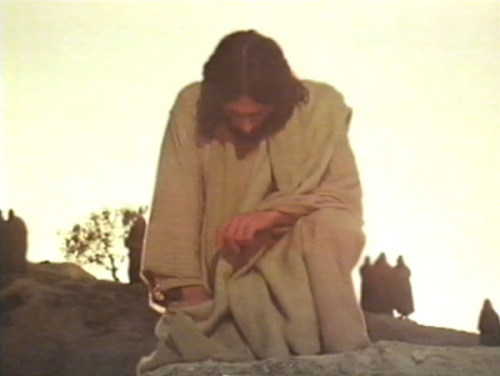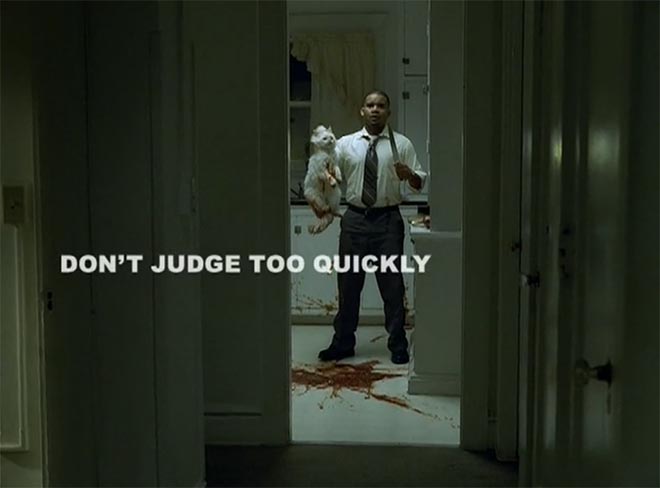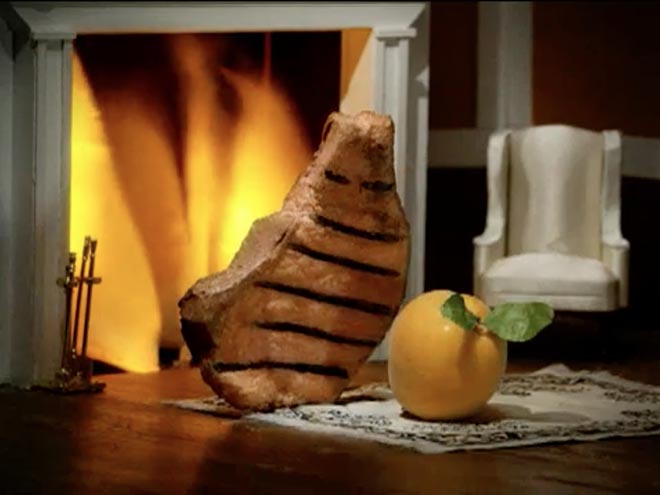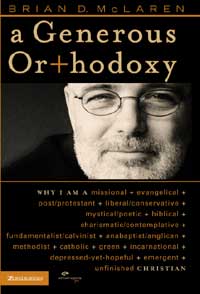I’ve put in here an excerpt from a study I wrote for the Uniting Church in Australia, Queensland Synod. To look at the whole resource, including material by four other writers, go to Experiences of Jesus (pdf file).
The study goes together with John 11 and the Wesley hymn, “And can it be”.
Lazarus was considered beyond redemption. He had been dead for days by the time Jesus arrived, his body placed in a rock tomb. Despite the finality of the situation, Jesus calls Lazarus to come out of the tomb. The appearance of Lazarus, living again, is a metaphor for the new life given to people who have been caught in the deadly effects of addiction. Jesus calls the stunned spectators to undo the bandages that had been used to wrap Lazarus. In the same way, he invites us to take part in the liberation of recovering addicts.

The intervention of Jesus in our lives makes it possible to say ‘no’ to patterns of behaviour and thought that may lead to death. For many people their experience of Jesus is linked to rescue from addiction – whether that be alcohol or drug abuse, smoking, gambling, eating disorders, workaholism, TV or internet addiction, or sexual addictions. Subtle forms may include the compulsive collection of assets, and codependent relationships in which we must say ‘yes’ to others despite the emotional and physical cost. It can be found in the need to be in control of others, or in the need to follow rigid rules.
The addicted person generally needs more of the object of their addiction in order to meet their needs. This growing tolerance (I need more) goes together with self deception, loss of willpower, distortion of attention, low self esteem and damaged relationships.
Recovering addicts in the Christian community have found that Jesus models for us an authentic life without addiction. Jesus does not allow himself to be controlled by the desires of other people. He is free to express his honest grief and compassion, without looking for a quick fix. He has a sense of perspective that allows him to respond with poise to the needs of those around him.
Jesus, the higher power, breaks the chains that tie people to past behaviours and shames. His replacement of pretence with honesty leads to our healing. His replacement of shame with graceful acceptance of our vulnerability leads to our humble recognition of our own needs. Jesus walks with us on a difficult life-long journey to wholeness, without expecting instant, easy results.
How do you understand addiction? What experience have you had with people’s addictions? What impact does the addiction have on the addict and those around him/her?
The death of Lazarus came at the end of a sickness. It was at this point that Jesus intervened. People with addiction often are not prepared to accept intervention or help until they have hit ‘rock bottom’. What examples can you give of ‘rock bottom’ related to the kinds of addiction listed above?
In what ways does Jesus show an addiction-free approach to the death and revival of Lazarus?
Jesus tells the disciples to unwrap the newly-living Lazarus. The grave clothes would have been similar to a mummy in that they would have totally covered his body. Lazarus would not have been able to free himself. In what ways are recovering addicts restricted by ‘grave clothes’ today? What can followers of Jesus do to help unwrap someone who has been given a new lease of life by Jesus?
Long my imprisoned spirit lay,
fast bound in sin and nature’s night;
thine eye diffused a quickening ray;
I woke, the dungeon flamed with light;
my chains fell off, my heart was free,
I rose, went forth, and followed thee.




 Brian D. McLaren’s
Brian D. McLaren’s